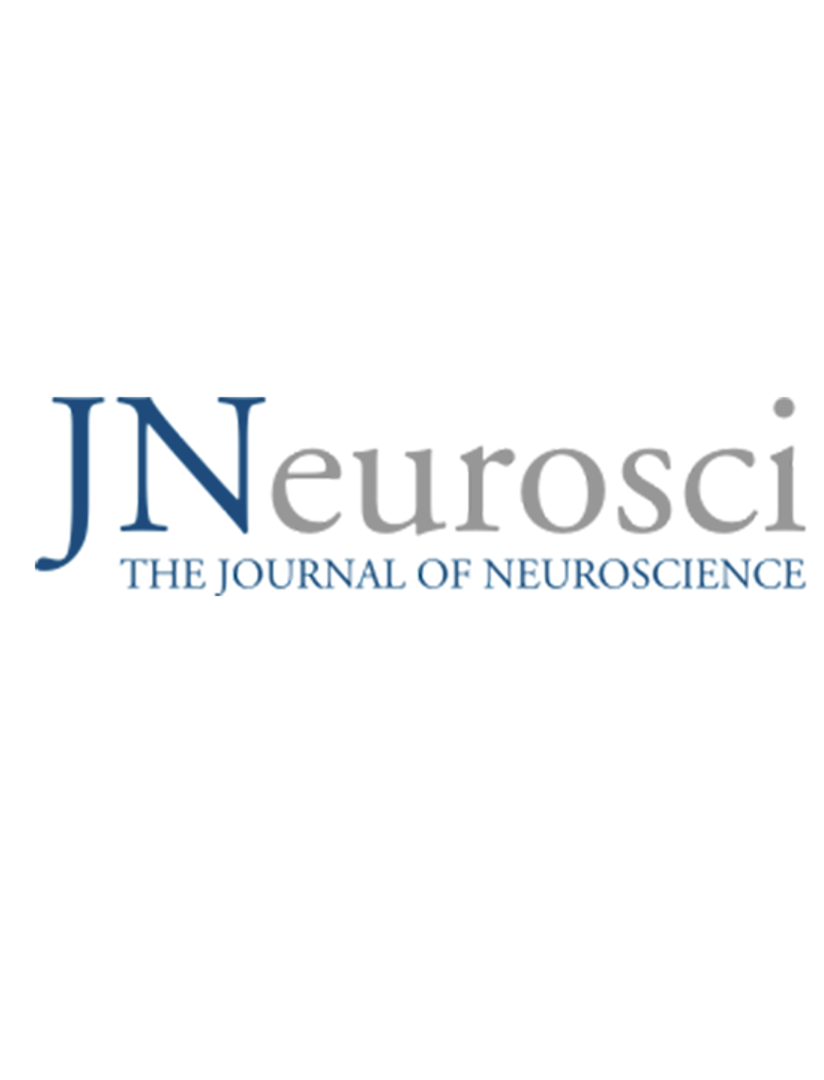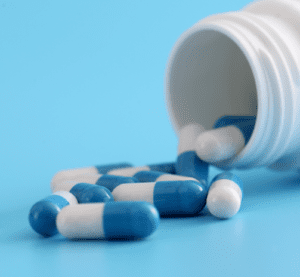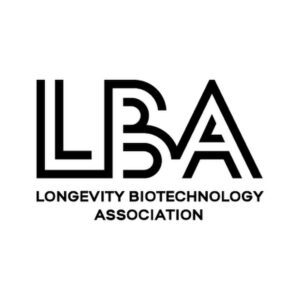Alzheimer’s disease (AD) is a prevalent neurodegenerative disorder characterized by disrupted calcium signaling, synaptic dysfunction, and cognitive decline. Dysregulated calcium signaling is a key driver of AD pathogenesis, but previous efforts targeting calcium signaling proteins have been challenging due to potential side effects. Neurodon’s industry-leading positive allosteric modulators (PAMs) of the SERCA pump offer a promising therapeutic approach by normalizing cellular calcium levels with minimal side effects. In a new study published in The Journal of Neuroscience, the official journal of the Society for Neuroscience (SfN), a novel SERCA PAM demonstrated robust neuroprotective and behavioral effects in both in vitro and in vivo models of Alzheimer’s disease.
In the collaborative study, studies included mechanistic profiling showing that Neurodon’s compounds accelerate calcium clearance and protect neurons under amyloid toxicity conditions. In vivo experiments using the 5xFAD mouse model of AD showed that the Neurodon drug normalized hippocampal neuronal hyperactivity and connectivity profiles. Using real-time brain miniscope techniques, the compound restored the balance of silent, medium-active, and hyperactive neurons, and reduced aberrant neuronal activity. This normalization of AD mice brain activity resulted in cognitive benefits that were evident in fear conditioning tests, where the drug rescued memory deficits in 5xFAD mice. Furthermore, chronic administration of significantly reduced amyloid plaque area and size in the hippocampal region, highlighting its potential to address multiple hallmarks of AD.
Overall, Neurodon SERCA PAMs show promise as disease-modifying treatments for AD and potentially other neurodegenerative disorders. Their unique mechanism of action minimizes side effects, making them suitable for further clinical trials, offering hope for new therapeutic strategies in combating AD.
Neurodon’s Dr. Russell Dahl was a co-author of the study titled, “A Positive Allosteric Modulator of the SERCA Pump Rescues Hippocampal Neuronal Circuits Dysfunction and Cognitive Defects in a Mouse Model of Alzheimer’s Disease” which can be found here.




